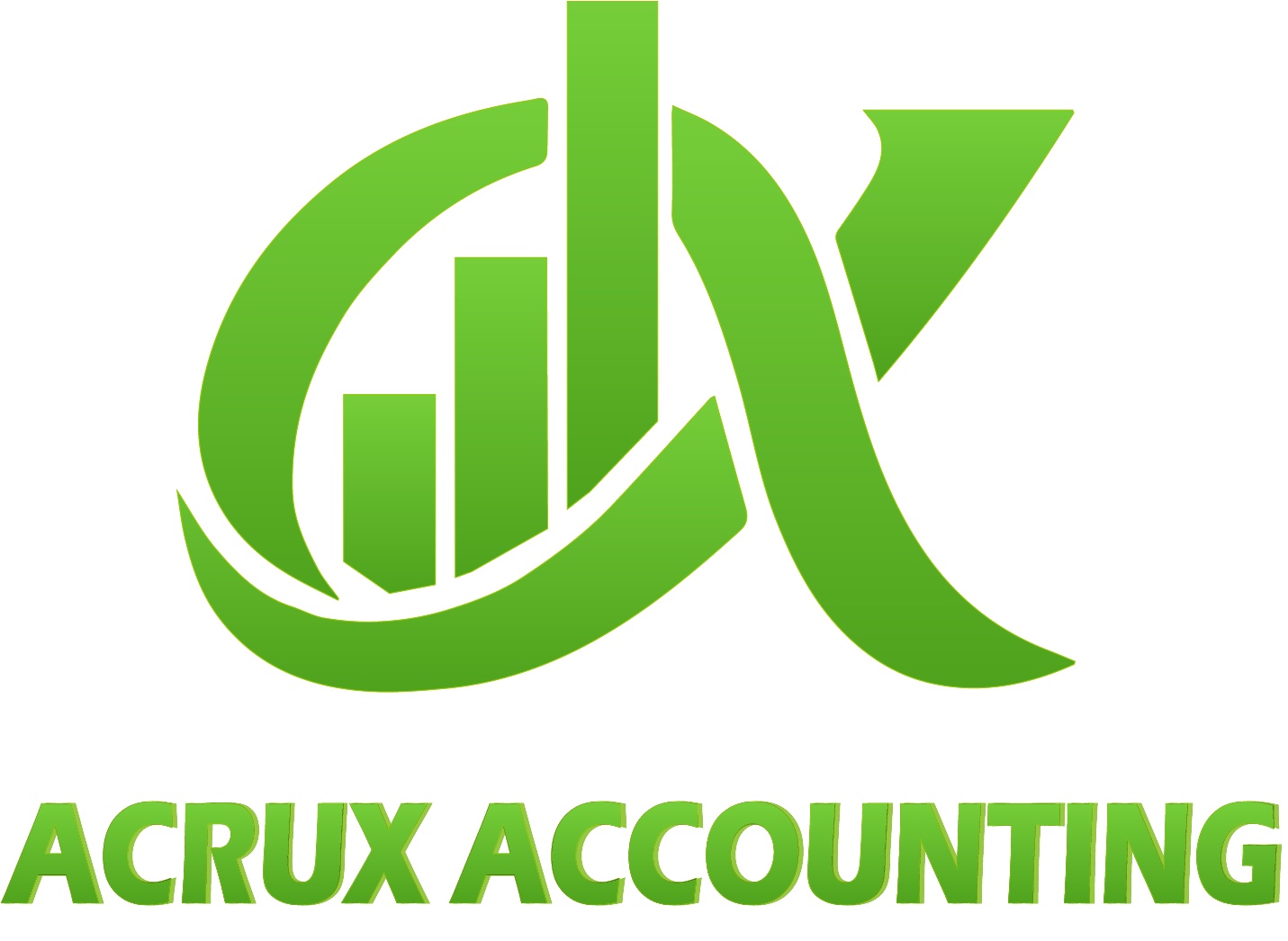Running a small business is no small feat. From managing operations to marketing your products or services, there’s always something demanding your attention. One area that often gets overlooked but is crucial for the success of any small business is bookkeeping. Accurate bookkeeping is the backbone of financial stability and growth, providing a clear picture of your business’s health and helping you make informed decisions.
In this comprehensive guide, we’ll delve into the essentials of bookkeeping for small businesses, specifically targeting the needs of entrepreneurs in the USA and Canada. Whether you’re just starting or looking to refine your financial processes, this guide will provide you with valuable insights and practical tips to streamline your bookkeeping.
Why Bookkeeping Matters for Small Businesses
Bookkeeping involves recording all financial transactions made by a business. This includes sales, purchases, receipts, and payments. Proper bookkeeping is essential for several reasons:
- Financial Management: Accurate records provide a clear picture of your income and expenses, helping you manage your finances effectively.
- Compliance: Proper bookkeeping ensures you comply with tax laws and regulations, avoiding penalties and fines.
- Business Planning: Financial statements derived from your bookkeeping records help you plan and strategize for future growth.
- Decision Making: With accurate financial data, you can make informed decisions about investments, cost-cutting, and other critical business areas.
Bookkeeping Basics for Small Businesses
1. Track All Financial Transactions
The first step in effective bookkeeping is tracking all financial transactions. This includes every sale, purchase, payment, and receipt. Consistent tracking helps you maintain accurate records and ensures no transaction is missed.
2. Choose the Right Bookkeeping System
You have two primary options for bookkeeping systems: single-entry and double-entry.
- Single-Entry System: Suitable for very small businesses with minimal transactions. This system records each transaction once, either as income or expense.
- Double-Entry System: More comprehensive and suitable for most businesses. Each transaction is recorded twice, as both a debit and a credit, providing a more detailed view of your finances.
3. Use Accounting Software
Investing in good accounting software can significantly simplify your bookkeeping process. Popular options for small businesses in the USA and Canada include QuickBooks, Xero, and FreshBooks. These tools offer various features such as invoicing, expense tracking, and financial reporting, making it easier to keep your books in order.
4. Maintain Accurate Records
Keeping accurate and up-to-date records is crucial. This includes maintaining receipts, invoices, bank statements, and other financial documents. Organize these records in a way that makes them easily accessible for reference and auditing purposes.
5. Reconcile Bank Statements
Regularly reconciling your bank statements with your bookkeeping records ensures accuracy. This process involves comparing your recorded transactions with your bank statements to identify and correct any discrepancies.
Bookkeeping Tips for Small Businesses in the USA and Canada
1. Understand Tax Obligations
Both the USA and Canada have specific tax obligations for small businesses. Understanding these requirements is crucial for compliance and avoiding penalties.
- USA: Small businesses must be aware of federal, state, and local tax obligations. This includes income tax, self-employment tax, payroll tax, and sales tax.
- Canada: In Canada, small businesses need to understand GST/HST, income tax, and payroll deductions.
Consider consulting with a tax professional to ensure you meet all your tax obligations.
2. Separate Personal and Business Finances
Mixing personal and business finances is a common mistake that can lead to confusion and errors in bookkeeping. Open a separate business bank account and use it exclusively for business transactions. This separation simplifies record-keeping and ensures accurate financial reporting.
3. Monitor Cash Flow
Cash flow is the lifeblood of any business. Regularly monitoring your cash flow helps you stay on top of your financial situation and make necessary adjustments. Use cash flow statements to track your inflows and outflows, and plan for any cash shortfalls in advance.
4. Automate Where Possible
Automation can save you time and reduce the risk of errors. Use accounting software to automate tasks such as invoicing, expense tracking, and financial reporting. This not only improves efficiency but also ensures accuracy in your bookkeeping.
5. Keep Up with Invoicing
Timely invoicing is essential for maintaining healthy cash flow. Ensure you send out invoices promptly and follow up on overdue payments. Using accounting software can help you automate and streamline the invoicing process.
Hiring a Professional Bookkeeper
While some small business owners prefer to handle bookkeeping themselves, hiring a professional bookkeeper can provide numerous benefits:
- Expertise: Professional bookkeepers have the knowledge and experience to manage your books accurately and efficiently.
- Time-Saving: Outsourcing bookkeeping frees up your time to focus on other aspects of your business.
- Compliance: A professional bookkeeper ensures you comply with all tax laws and regulations.
- Financial Insights: With accurate and detailed financial records, a bookkeeper can provide valuable insights to help you make informed business decisions.
When hiring a bookkeeper, look for someone with experience in your industry and familiarity with the tax laws in the USA and Canada. Consider their qualifications, references, and whether they are certified by recognized accounting bodies.
Closure
Bookkeeping is an essential aspect of running a successful small business. By maintaining accurate records, understanding your tax obligations, and using the right tools and systems, you can ensure your business’s financial health and compliance. Whether you choose to manage your bookkeeping yourself or hire a professional, the key is to stay organized and proactive.
At Acrux Accounting, we specialize in providing bookkeeping services tailored to the needs of small businesses in the USA and Canada. Our team of experienced professionals is here to help you streamline your finances, ensure compliance, and provide valuable insights to support your business growth.


